Russian authorities wage war on ‘fake news’ amid Covid-19 pandemic
By France24
24 June 2020 |
11:00 am
The Russian parliament fast-tracked a law against "fake news" at the end of March amid the Covid-19 pandemic. The legislation introduces criminal proceedings for the authors of false information published in the media and is backed up by an artificial intelligence system as well as an army of cyber activists who are tasked with trawling through the web. But Russian civil society groups say the law is an attack on civil liberties and that its real function is to silence dissident voices critical of the authorities' handling of the health crisis. Our correspondents report.
In this article
Related
3 hours ago
Related
12 hours ago
Since 2015, the number of malaria cases worldwide have stalled and ― in some areas, they're even increasing. That's after two decades of falling numbers. What's going on?
1 day ago
A book by Frank-Walter Steinmeier titled 'We' searches for diversity in the face of division, though it's a difficult balancing act for the head of state.
3 hours ago
The central Mexican city of Celaya has become the scene of a brutal turf war between rival drug cartels. These criminal groups have taken advantage of its strategic position at the crossroads for transporting drugs into the United States. Kidnappings, shootouts with police and drive-by killings now occur on an almost daily basis in broad daylight. Nearly 500 people were killed in Celaya last year. The city's police officers (pictured) risk their lives every day and are forced to travel in armoured vehicles. Our France 2 colleagues report, with FRANCE 24's Lauren Bain.
4 hours ago
German teenagers and young adults find themselves increasingly unsatisfied and likely to vote for the far right, according to a survey. Fears about prosperity are highlighted as a possible cause.
3 hours ago
We look at the US papers, who react to Ukraine being granted a $61 billion aid package. Also, five migrants die attempting to cross the Channel, just hours after the controversial Rwanda asylum bill is passed by the UK parliament.
53 mins ago
Israel's economy suffered a major contraction in the final quarter of 2023, following the terrorist attacks. Its economy shrank by 5.2% compared with the previous quarter. Much was related to the labor force disruption which resulted when around 300,000 reservists were called up to the country's armed forces.
Latest
53 mins ago
The German government revised its economic growth forecast for 2024 marginally from 0.2% to 0.3%, Economy Minister Robert Habeck confirmed on Wednesday afternoon.
4 hours ago
With the rate of insurgency in Borno State, many lives and families have been severely affected, with thousands being displaced and forced to live in internally displaced camps (IDP). A mother, who has lost neighbors, family, friends, and loved ones still in captivity, shares her heartbreaking experience of living in constant fear. She calls on the government to provide more basic amenities to help her and others in the IDP camp in Chabbol village, Borno state.
7 hours ago
Will it be enough to dissipate doubt over Ukraine's ability to hold out in a war of attrition with Russia? After months of delay, the US House of Representatives has finally approved a $60 billion military aid package for Kyiv.
7 hours ago
A school in the Nigerian administrative capital city of Abuja offers teaching to students at a 100 Naira ($0.86) per day. It enables poor parents and daily income earners to send their children to get secondary school education.
12 hours ago
Aigboje Aig-Imoukhuede, the Chairman of Access Holdings says the move by the group to raise $1.5 billion over five years reflects the financial institutions growth plans. Speaking with CNBC Africa's Kenneth Igbomor, Aig-Imoukhuede reiterates that the decision for a rights issue was in line with the role of its shareholders in the growth of the bank over the years.
12 hours ago
Infusions, anti-aging creams or anti-stress drops made from cannabis are some of the food supplements that Morocco will begin to market imminently and that are already on display at the International Agriculture Exhibition (SIAM) inaugurated this Monday, after legalization of this plant in 2021 for pharmaceutical and industrial uses.
×

Get the latest news delivered straight to your inbox every day of the week. Stay informed with the Guardian’s leading coverage of Nigerian and world news, business, technology and sports.


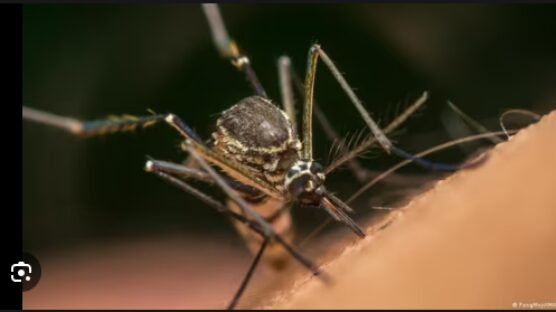
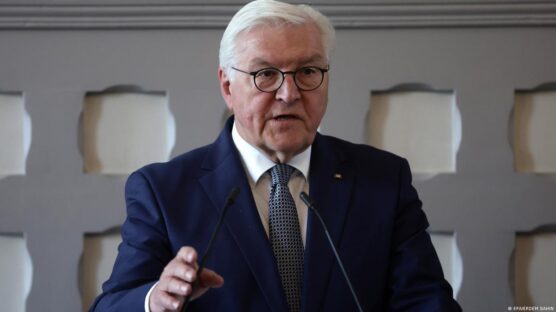


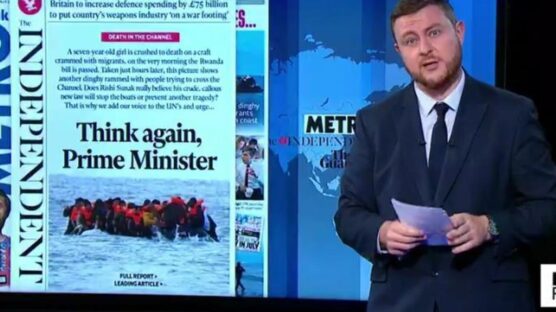





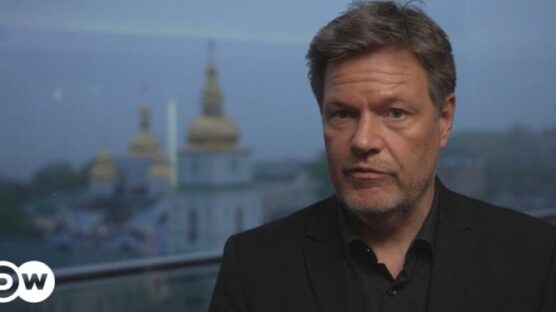
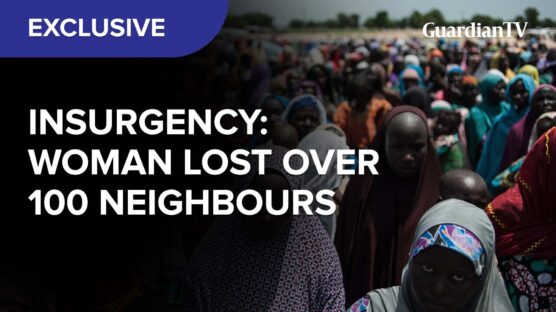
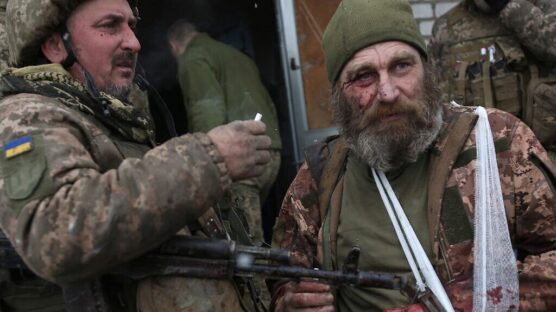
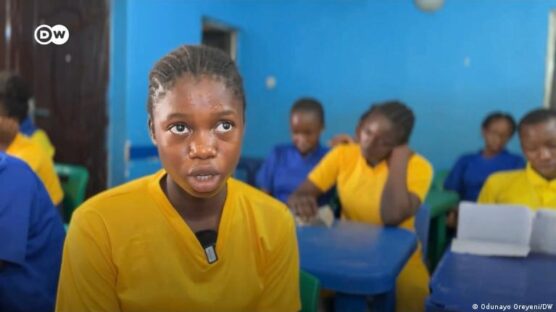


0 Comments
We will review and take appropriate action.